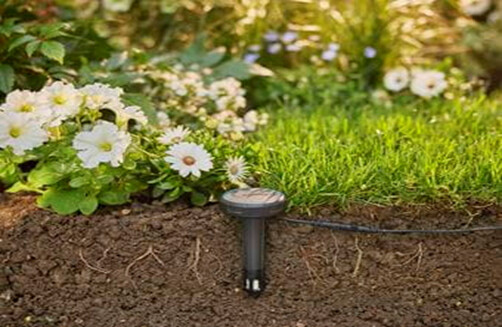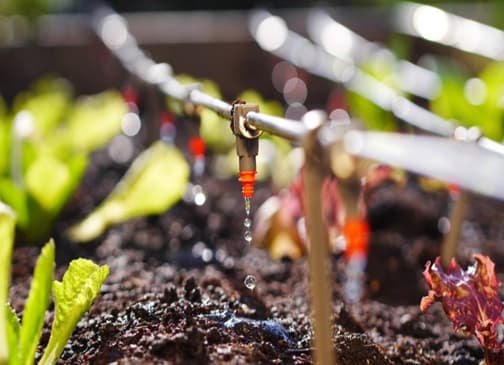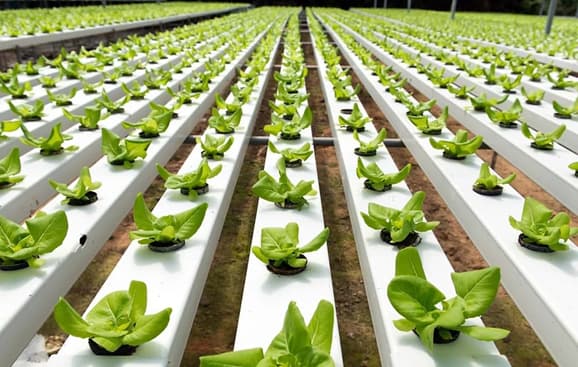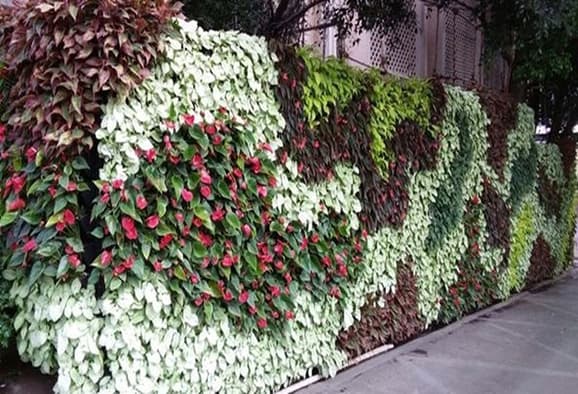
Smart gardening refers to the application of technology, scientific knowledge and sustainable practices to enhance gardening efficiency, productivity and environmental sustainability.
Use of Technology: Smart gardening incorporates various technologies such as sensors, automated irrigation systems and smart gardening apps. These technologies help monitor soil moisture, weather conditions, plant health and automate tasks like watering and fertigation.
Water Conservation: Smart gardening focuses on efficient water use through technologies like drip irrigation systems, rainwater harvesting and soil moisture sensors.

Energy Efficiency: Utilizing energy-efficient tools and equipment such as LED lights, solar-powered devices and energy-efficient pumps.
Soil Health Management: Soil testing and analysis are often used to optimize nutrient levels and pH balance, promoting healthy plant growth.
Urban and Small-Space Gardening: Smart gardening adapts well to urban and small-space environments through vertical gardening, container gardening and hydroponics. These methods maximize space utilization and enable gardening in non-traditional settings.

Data-Driven Decisions: Smart gardening involves collecting and analyzing data from sensors and monitoring systems to make informed decisions about plant care, irrigation schedules and resource management.
Sustainable Practices: Emphasis is placed on sustainability by reducing chemical inputs, minimizing waste, promoting biodiversity, and supporting pollinators such as bees and butterflies.

Community and Collaboration: Smart gardening fosters community engagement and collaboration through sharing knowledge, resources and experiences among gardeners, local organizations and educational institutions.
#haltecommunity #smartgardening #smartwateringsystems #IoTGardening #gardenautomation #gardenmonitoringsystems